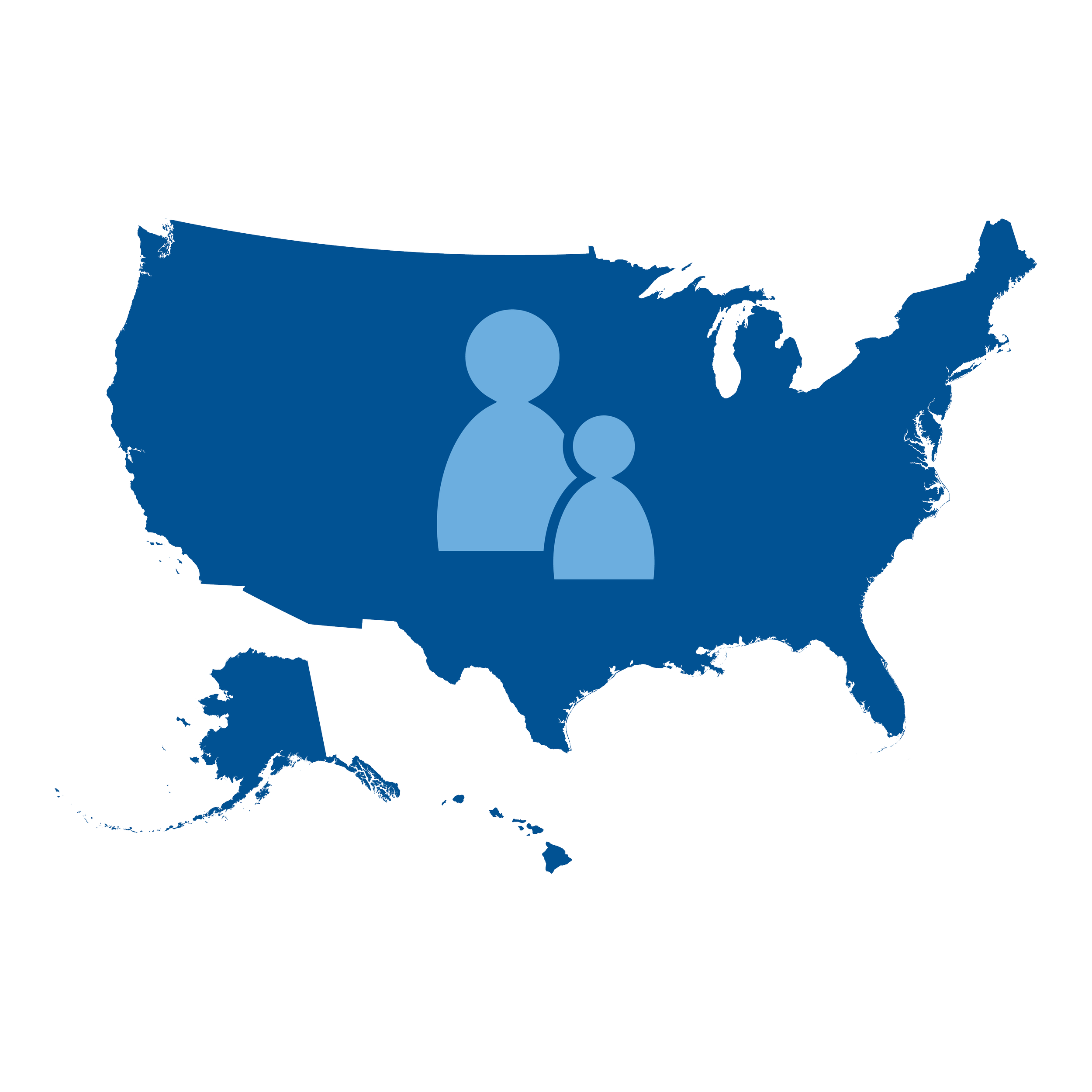
Children Losing Out: The Geographic Distribution of the Federal Child Tax Credit
Building off of previous work, this brief examines the variation in Child Tax Credit receipt by state and congressional district, finding that children in areas where incomes are lower and poverty rates are higher are those most likely to be left out. These results suggest that proposals to extend the Child Tax Credit to families who are currently losing out could have a substantial impact on child poverty in the United States.

Gender in the Labor Market: The Role of Equal Opportunity and Family-Friendly Policies
We find that problems with access to family-friendly policies are linked to overall low levels of access to such policies for both women and men. A federal provision for paid family leave, expanded public or subsidized child care, and employer mandates for scheduling control and flexibility can help all families and continue progress towards a more gender-equitable workforce.

Inflation Inequality Leads to Three Million More People in Poverty
Recent research shows that prices have risen more quickly for people at the bottom of the income distribution than for those at the top—a phenomenon dubbed “inflation inequality.” In this brief, we utilize an adjusted inflation index that accounts for inflation inequality across the income distribution and re-estimate recent trends in poverty and income inequality from 2004 to 2018 and find that inflation inequality significantly accentuates both the incidence of poverty and income inequality.


Fighting Poverty With Jobs: Projecting the Impacts of a National Subsidized Employment Program
In this joint report by the Georgetown Center on Poverty and Inequality and the Center on Poverty and Social Policy, we consider a policy proposal for a national subsidized jobs program and find that it would reach millions of U.S. workers left behind in today’s economy, reducing the poverty rate among participants by nearly half.

Left Behind: The One-Third of Children in Families Who Earn Too Little to Get the Full Child Tax Credit
The current federal Child Tax Credit provides up to $2,000 per child per year to qualifying children, but low-income families lose out because they do not have enough earnings to qualify for the full benefit. This brief documents who is currently “left behind” in terms of realizing the full benefits of the federal Child Tax Credit because of the CTC’s earnings requirement, finding that those left out are disproportionately children of color, those in families with young children, those with single parents, and those who reside in rural areas.


Fathers’ Paternity Leave-Taking and Children’s Perceptions of Father-Child Relationships in the United States
We find that improving opportunities for parental leave in the United States may help to strengthen families by nurturing higher quality father-child relationships. Leave, particularly two weeks or more, is positively associated with children's perceptions of fathers' involvement, father-child closeness, and father-child communication.

The Case for Extending State-level Child Tax Credits to Those Left Out
In a joint report with the Institute on Taxation and Economic Policy we find that expanding the Child Tax Credit at the state level could lift millions of children out of poverty and help families who benefited little or not at all from the 2017 federal expansion of the Child Tax Credit.

Limiting States’ Ability to Waive Federal SNAP Work Requirements: A Closer Look at the Potential Implications
A proposed rule change to the food stamp (SNAP) program would alter the way in which states can exempt local areas from federal work requirements by restricting waivers to those areas with a local unemployment rate of 7 percent or higher. We find that the labor market conditions faced by those most likely to be subject to work requirements are substantially worse than the 7-percent floor.



Medicaid Work Requirements and Poverty: Losing Coverage Could Cost Families over $1,000 per Year, Throwing Many into Poverty
We analyze poverty impacts of the Trump administration's proposal to allow states to impose Medicaid work requirements and find that close to 3 million individuals would lose coverage, annual medical expenses could rise by over $1,000 per family losing coverage, and over 130,000 Americans would enter poverty if work requirements were imposed on Medicaid recipients.

Racial and Ethnic Disparities in Paid Family and Medical Leave Access and Use
We examine the disparities in paid-leave access and use by race and ethnicity using data from four nationally representative surveys, consistently finding that Hispanic workers have lower rates of paid-leave access and use than their White non-Hispanic counterparts.
